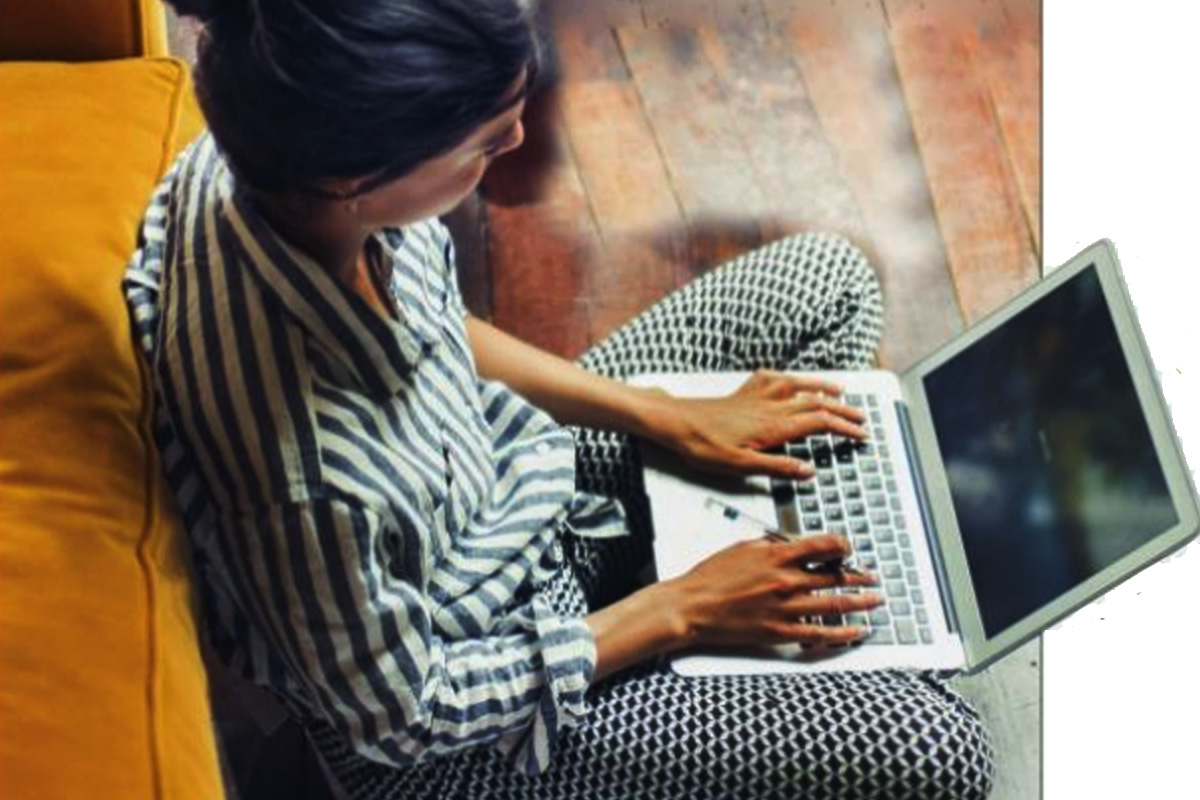Jharkhand unveils ambitious plans for education, science and innovation
The Jharkhand government has unveiled ambitious projects aimed at propelling the state into a new era of education, science, and innovation.
The lockdown can be viewed as Nature’s gift to humankind to reboot, re-prioritise, introspect and set one’s ethical and professional compass right

The world is going through an extra-ordinary crisis of unparalleled dimensions and naturally the education sector is no different.
Some 540 million students from elementary to research levels in India are studying or trying to study from home. Given the factor that there is much uncertainty regarding how long this situation prevails, we must get used to this new normal and get ourselves on to the task of teaching learning online through various digital platforms.
Advertisement
The following are my top 10 suggestions for effectively doing so today when we are home locked in the collective interest of all.
Advertisement
– In these trying times, a smart phone with data, a stable wifi-connection and a laptop with inbuilt camera is simply a must for a digital learning experience of good quality.
– For digital learning, one must have an active habit of browsing portals, being an active member of some social media (Facebook for experience sharing, Instagram for visuals sharing, LinkedIn for professional networking, YouTube for films and video explainers, and Twitter for short messaging of news and views). This will help to attend live sessions on informative issues as well.
– One should be conversant in attending Zoom sessions for live class or webinar experience, and even better, if one can generate Zoom sessions which are free up to 40 minutes. Though a maximum of 100 people can attend a Zoom session, it is best organised with 30 to 40 participants at a time.
– It is important to develop an email etiquette to address the recipient properly, end mails in a befitting manner, give a body-copy to communication, and write briefly in bullet points almost identifying the core issues of one’s problems or learning needs. Similarly, there is a web-discussion etiquette of not speaking out of turns, not speaking over someone, muting one’s speaker phone when someone talks, and raising hand to make a point and waiting for the chance to speak calmly.
– One can download diverse videos, watch minutely while listening to academic discussions, noting down key points, and ideally repeat, watching a second time to capture points missed out the first time.
– There will be an added advantage if one is aware of the basics of Adobe Premier and may use iVideo or WeVideo to create short explanatory videos or statement of his/her understanding of a subject discussed digitally, apart from knowing how to make a good visually rich power-point presentation and an excel sheet as needed.
– Efficiency is required in recording video and audio, use WhatsApp to share files even after compression, and conduct co-created collaborative study resources digitally. Even videos, podcasts (audio content), ppts, pdfs etc can be shared on this messaging app individually or to a group. However, while using it, special care must be taken to avoid false, doubtful content or defamatory videos among other things.
– One can create separate folders for each course, and save ppts, pdfs, videos, podcasts etc of that course chronologically in order of the chapters or units in the syllabus in the folder so that each of them can be easily assessed as required during course revision.
– Students can allot around eight to ten hours a day, dividing the time between listening, reading online, attending Google class, a zoom session (or Microsoft Meets, Webex meets or GoToMeetings as the case may be), watching videos, filing and preserving, and preparing notes based on all the inputs collected.
– One might consider registering for free or by paying small fees for good courses relevant to one’s domain of learning, beyond what mentors are teaching and sharing. These can be Khan Academy videos and explainers, Course Era courses done in collaboration with several American universities, Swayam courses by UGC, MOOCs, to name a few. These will give additional skills and certification and make one a pro in digital learning.
– Digital learning also requires one to take at least a 10 minutes break after every hour – stretch yourself, have a little walk, sip on a cup of tea or juice, etc, among other things. This will keep one from getting back pain, neck ache or getting fat accumulated. The lockdown can be welcomed as a gift of nature to reboot oneself, set one’s ethical and professional compass right, re-prioritise, introspect, plan, and take a leap in life and work thereafter. Best wishes for an intensively engaging journey with oneself, and with others digitally.
The writer is chancellor, Adamas University, Kolkata
Advertisement